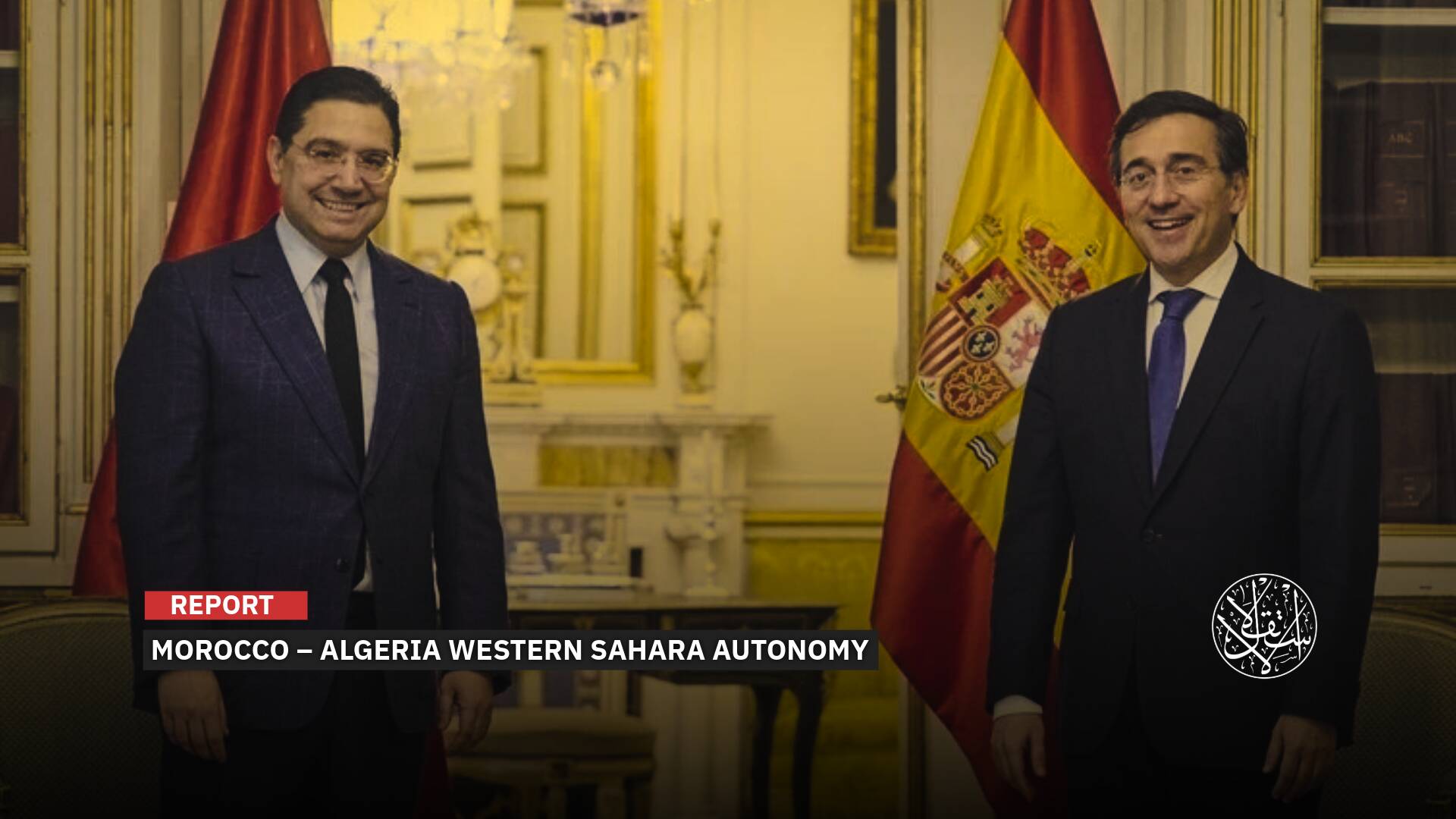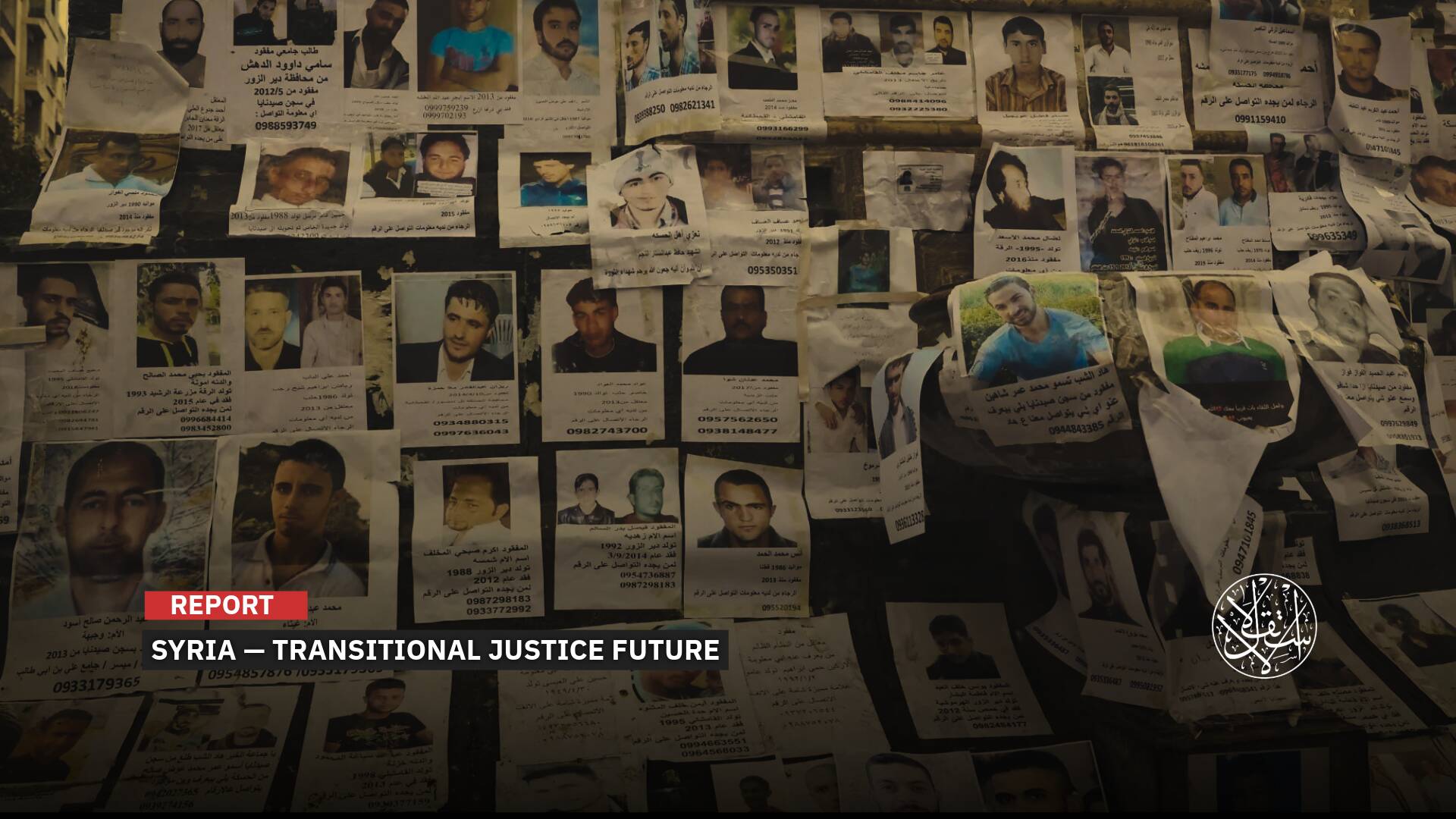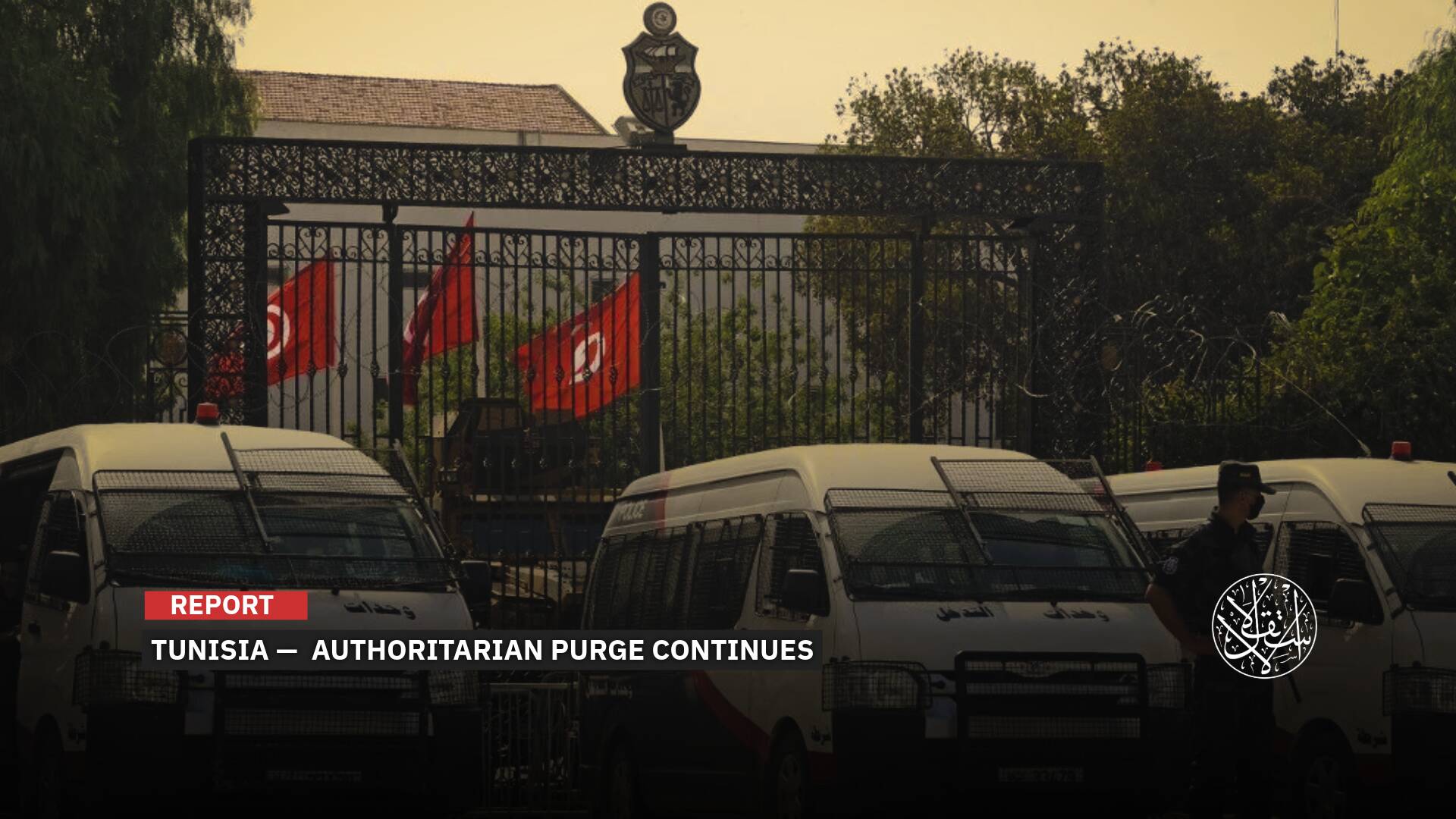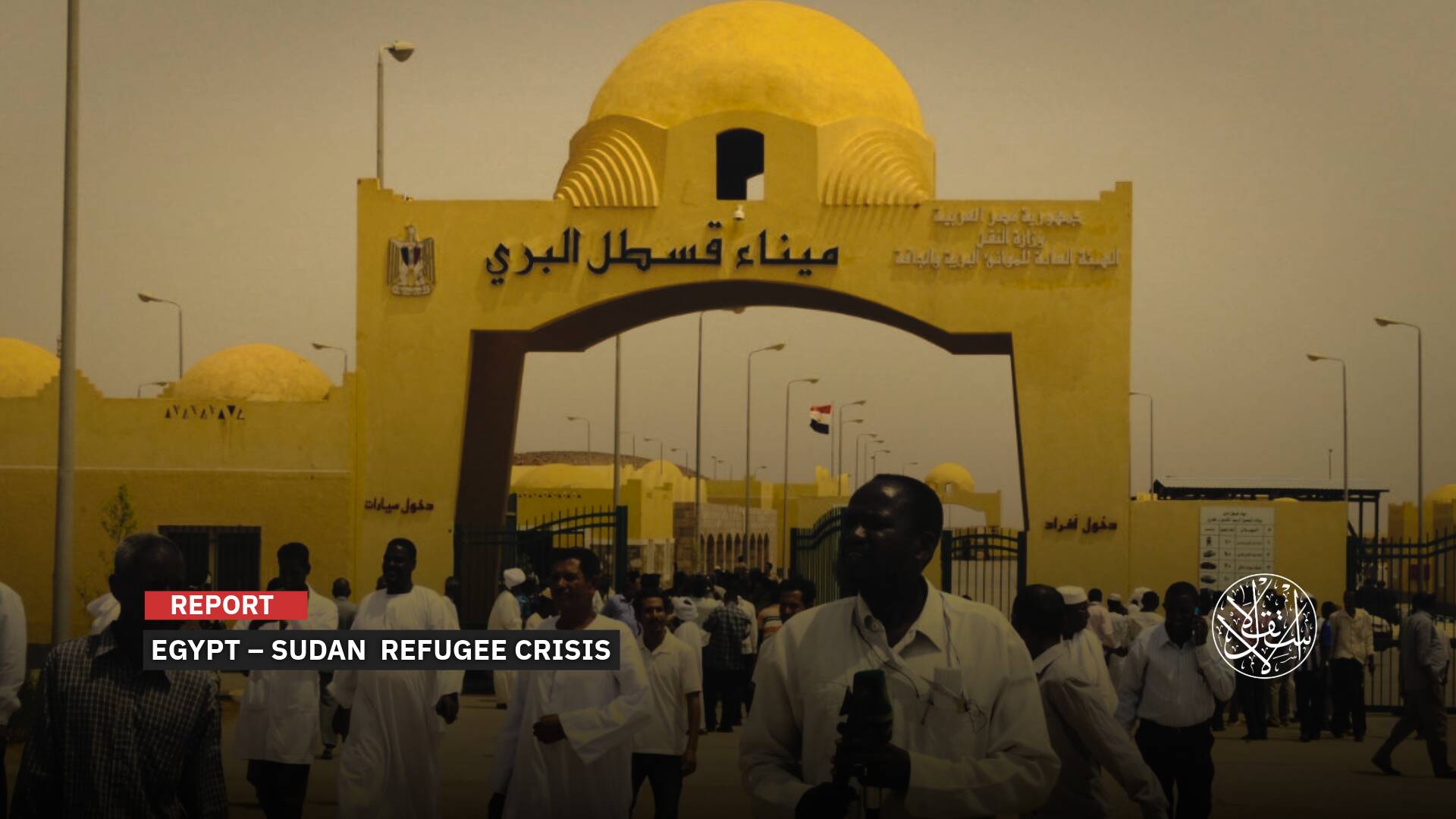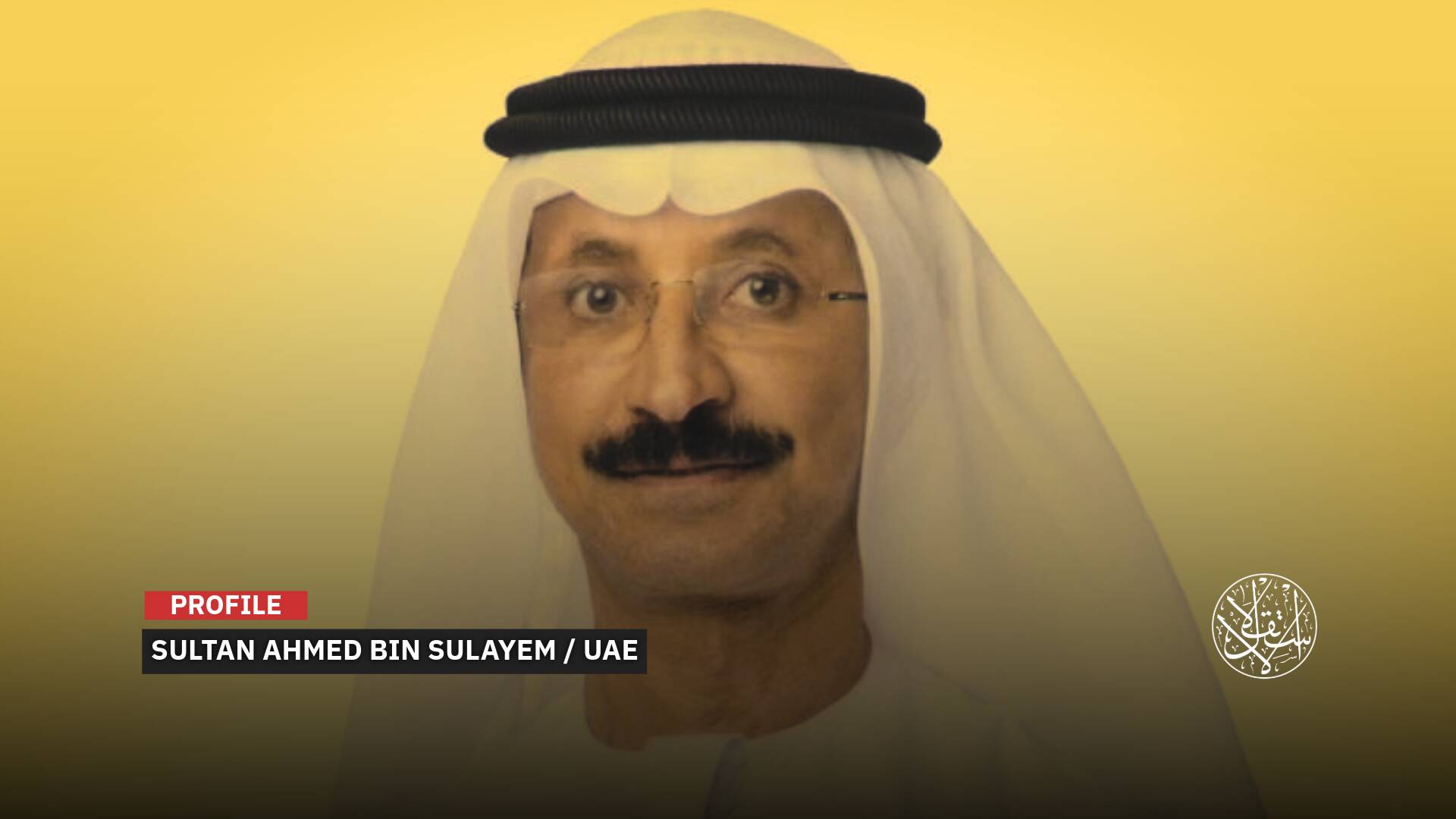Morocco’s Gen Z Is Rising: Are Arab Regimes Paying Attention?
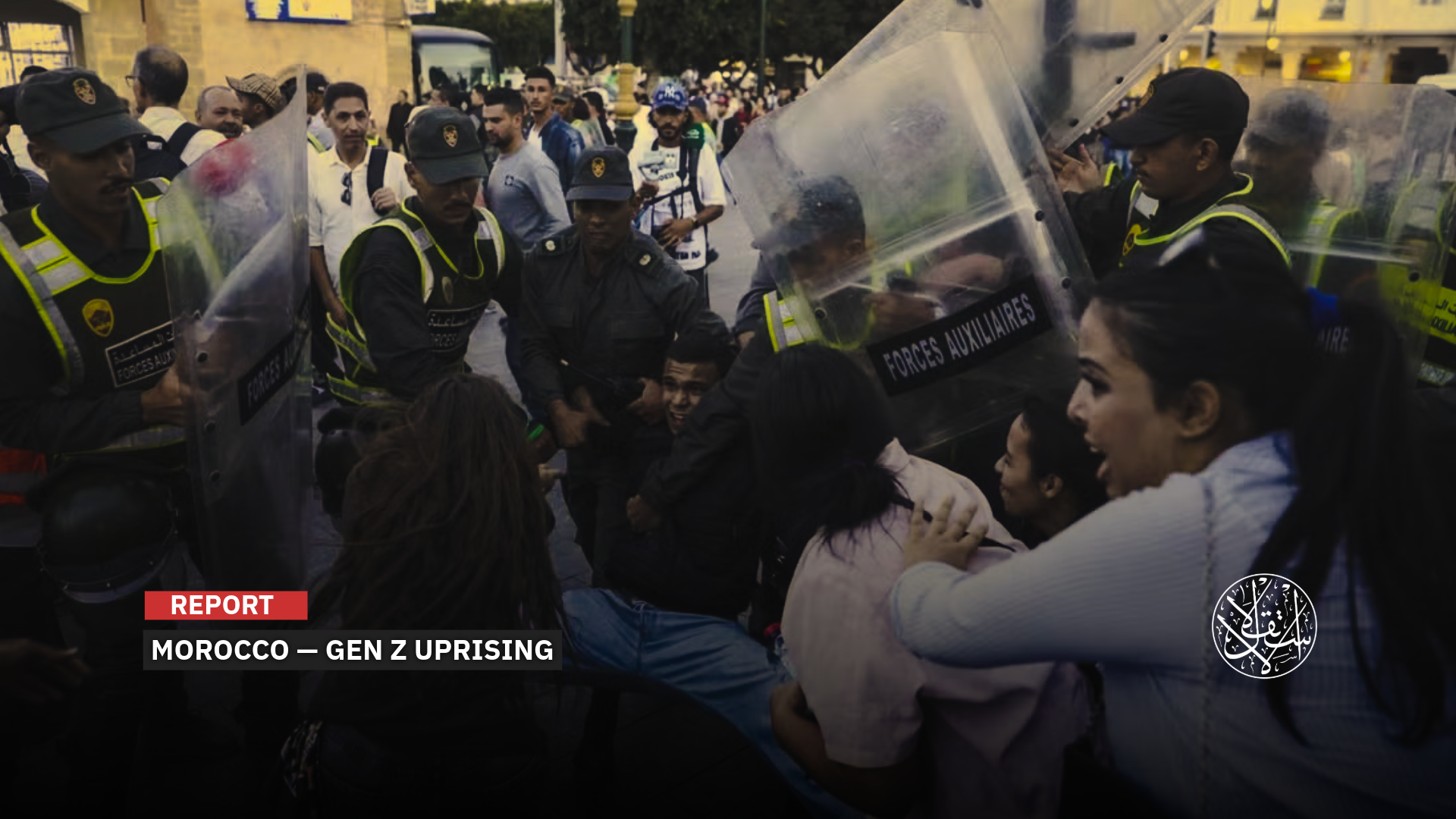
The tragedy of many Arab regimes is their failure to see the slow-burning unrest simmering beneath the surface.
Protests and unrest led by Morocco’s Generation Z youth have moved from online activism to street demonstrations, driven by frustrations over worsening social and economic conditions, set against the backdrop of lavish spending on preparations for the 2030 World Cup, which Morocco will co-host with Spain and Portugal.
The protesters condemned “widespread corruption” and drew sharp contrasts between billions of dollars flowing into World Cup preparations and the severe underfunding and poor state of schools and hospitals.
They decried what they called the government’s “misplaced priorities,” accusing it of pouring billions into World Cup projects at the expense of essential social services like health and education.
Clashes with security forces ensued, with cars set on fire, and casualties including deaths and injuries reported.
What drew particular attention was the role of Generation Z, young people who largely missed the 2011 Arab Spring and appear unrestrained in their anger, staging protests in multiple Moroccan cities, including attempts to storm a police station.
Similar movements by Generation Z activists have swept across countries like Madagascar, Nepal, and Kenya, where youth-led protests and unrest have shaken the streets.
Amid silence, anxiety, and watchful waiting in former Arab Spring countries now facing counter-revolutions and coups, politicians and activists have urged regimes to act swiftly, launch reforms, and release detainees. The warning is clear: Generation Z is more violent and less restrained than the Arab Spring generation, and knows no limits.
Repercussions of the Events
The emergence of Generation Z to denounce corruption and demand reforms in healthcare and education, prioritizing these issues over Morocco’s World Cup hosting ambitions, signals an early maturity and a sharp awareness of the country’s deteriorating economic conditions.
Described as the largest protests in years, the demonstrations began peacefully and remained so in some cities, but others descended into violent clashes between security forces and protesters, sparking street battles and the torching of police vehicles.
In the outskirts of Agadir, cities like Inezgane, Ait Amira, and Tiznit witnessed protesters storming government offices, banks, and shops, causing widespread damage to public property.
Meanwhile, another group reportedly armed with knives, Molotov cocktails, and stones, as confirmed by the Moroccan Ministry of Interior, sent a stark warning to authorities, despite denials of any connection from Generation Z activists.
Young people in Morocco bear the brunt of social inequality, unemployment, and stark disparities in education and healthcare between the public and private sectors, with social and class divides remaining a persistent challenge.
The parallels in corruption, repression, and the widening gap between the wealthiest 10 percent and the poorest 90 percent across much of the Arab world, especially in former Arab Spring countries, have sparked fears that the Generation Z uprising could spread to other nations in the region.
Extravagant spending on luxury entertainment and projects benefiting only the wealthy elite, alongside neglect of education, healthcare, and employment, mirror the deep-rooted issues found not only in counter-revolutionary states but also in some Gulf countries, notably Saudi Arabia.
Whenever popular uprisings erupt in Arab countries, officials often blame “inherited” problems in education and healthcare, a narrative echoed by the Moroccan government, which denies prioritizing World Cup spending and insists that current sectoral challenges are the legacy of previous administrations.
Analysts and politicians warn that the spark of unrest is likely to spread from Morocco to Egypt, Tunisia, and beyond.
What is unfolding is not a fleeting youth protest, but a digitally accelerated explosion of anger that outpaces the authorities’ understanding and the official media’s ability to explain.
“Generation Z 212” has moved from phone screens onto the streets of Rabat, Casablanca, and Agadir, sending a clear message to all Arab regimes: a generation disconnected from the 2011 uprisings is now testing its strength, this time with a new level of violence.
Analysts urge former Arab Spring countries, now ruled by counter-revolutions, to address this rising fury before it ignites unrest in their own borders.
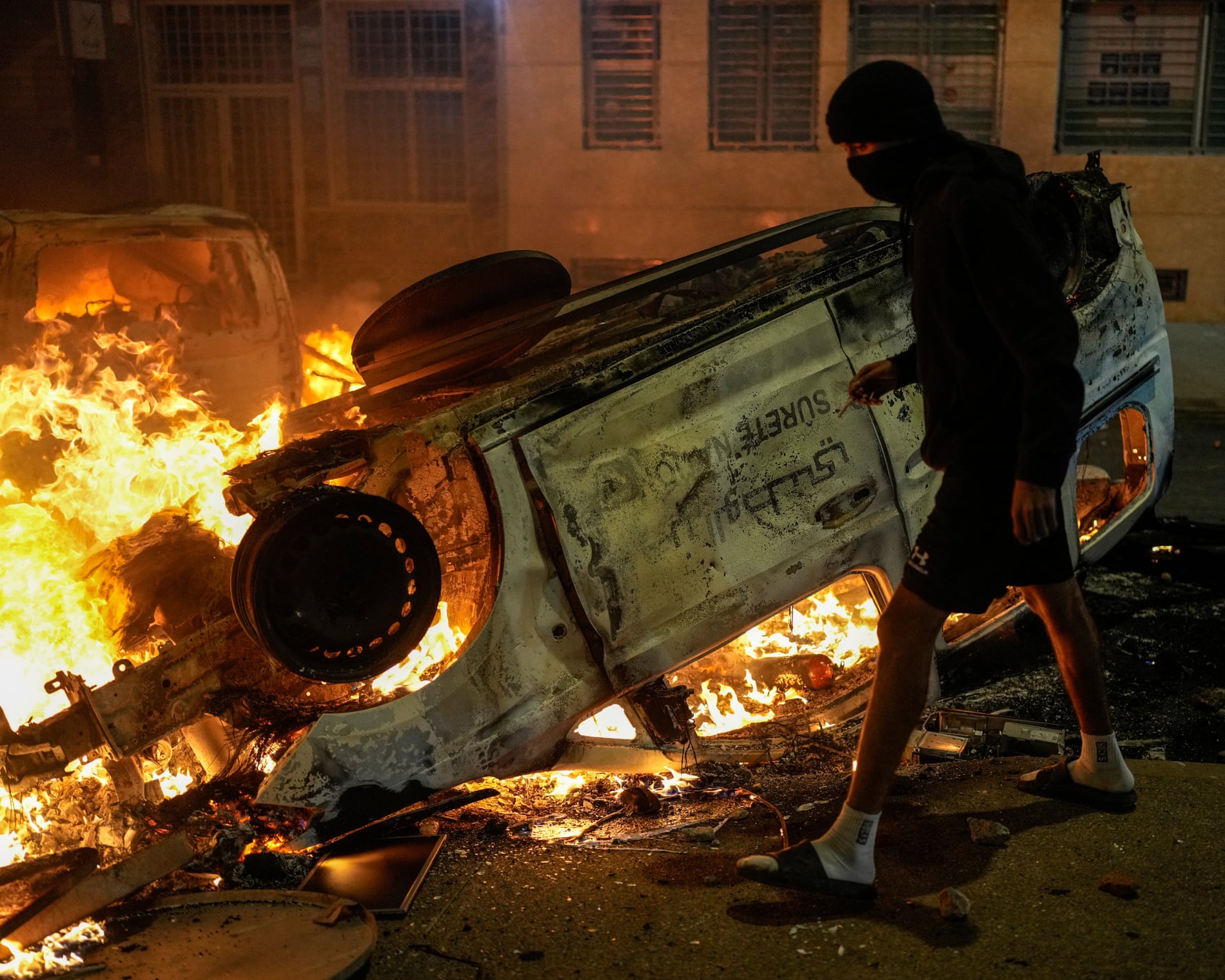
The Worst Regime
An Egyptian political and social sciences expert explained that “the affliction of Arab regimes is their failure to recognize the simmering popular unrest, even though it is clearly visible on social media.”
Speaking to Al-Estiklal, the expert added that these regimes “allow this unrest to boil unchecked until it spills from keyboard screens into the streets, culminating in uncontrollable protests led by Gen Z youth, lacking leadership or clear direction, resulting in chaos fueled by the involvement of marginalized groups, criminals, and vested interests.”
Preferring to remain anonymous, the expert stressed that Morocco’s government spending millions preparing to host the Africa Cup of Nations and the World Cup, while neglecting essential public services like health and education, services vital to people’s daily lives, is a pattern echoed across many Arab regimes.
He likened this to other wasteful expenditures that benefit only the wealthy elite or serve political vanity projects, such as Egypt’s imitation of Abu Dhabi’s skyscrapers in the desert instead of building affordable housing for young people struggling to marry, or the investment in high-speed trains.
The expert also highlighted Saudi Arabia’s controversial spending on sporting events that clash with societal norms, such as women’s wrestling, as examples of extravagance and moral decline.
He pointed to widespread popular anger over the conflict in Gaza and the complicity of regimes perceived as puppets of the United States.
According to the political scientist, the core problem with these regimes lies in their stubbornness and focus on self-preservation through repression, rather than engaging with their populations and addressing their needs, even though Gen Z’s issues are clearly visible on social media, which acts as an early warning system.
Furthermore, the expert noted that those benefiting from the current systems, corrupt elites and security forces, actively sabotage reform efforts, arrest activists, and intensify repression, adding fuel to the fire instead of relieving pressure.
“The danger of Gen Z lies in their identity as the internet generation, unbound by the ideas of preserving stability or gradual reform like the Arab Spring generation, which was more organized, aware, and invested in stability. Some even justify the destruction seen today as a response to the betrayals experienced during the Arab Spring.”
Many Gen Z youth operate without formal organization, driven by blind rage at systemic neglect of problems far more complex than those faced by previous generations: lack of jobs, absence of decent living conditions, no prospects for marriage or stability, alongside rampant corruption and obscene wealth disparities.
Meanwhile, a Tunisian journalist and political analyst told Al-Estiklal that the possibility of Morocco’s wave of anger spreading to other Arab countries is far from unlikely, given that the root causes, youth unemployment, rising living costs, and political deadlock, mirror those facing large segments of the Arab youth population.
The Tunisian analyst pointed out that with the growing role of digital platforms as spaces for mobilization and narrative-building, social and political contagion is faster and more impactful than ever before.
“The real question is not if the wave will spread, but how Arab governments will respond to these warning signs before they explode into something far bigger,” he said.
The analyst, who preferred to remain unnamed, argued that what is happening in Morocco should not be seen as an isolated local event but as part of a profound social wave expressed by Gen Z across multiple Arab countries.
He explained that this generation lives a very different reality from those before: they are more informed, less patient, highly digitally connected, and able to spread their anger across borders with unprecedented speed.
The messages sent by Moroccan Gen Z are clear: a generation feeling marginalized and distrustful of institutions is searching for new tools to express itself and exert pressure.
Therefore, the Tunisian expert concluded that “what is needed today are not merely cosmetic or security measures, but deep reforms that rebuild trust and open genuine avenues for youth participation. Ignoring these signals risks igniting a new wave of uprisings, potentially more intense, violent, and organized than before.”
Separately, journalist Selim Azouz remarked that Gen Z youth are not the same as the “January 25” generation, urging Egypt to “save itself by changing overall policies, reuniting its people as one nation, and achieving peaceful political reform without political prisoners or monopolies over power and wealth.”
It is well known that all North African countries, Egypt, Libya, Tunisia, Algeria, and Morocco, “have the worst public healthcare systems and the lowest standards of education.”
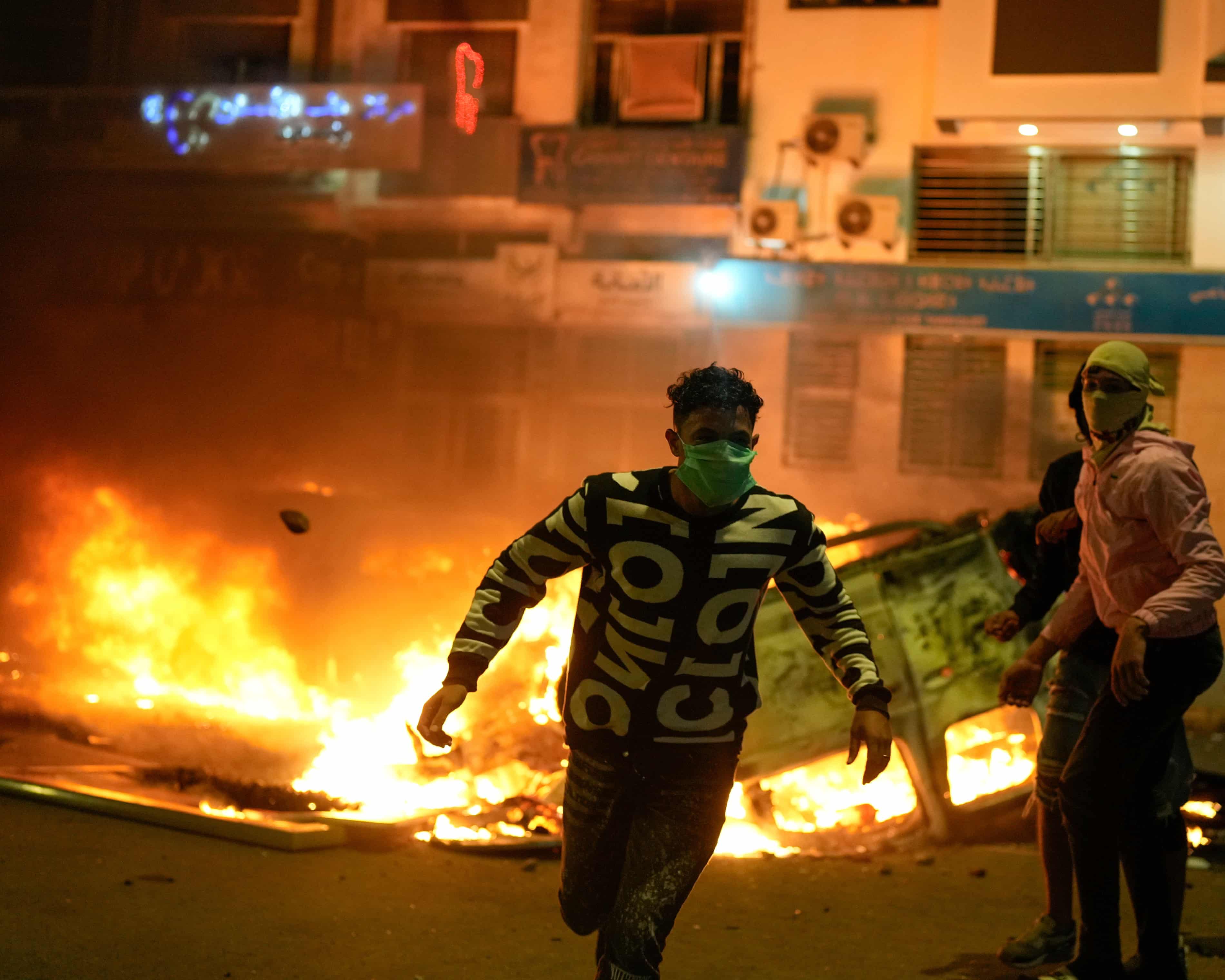
Causes of the Unrest
The protests began in late September with demands for better education and healthcare, but unrest spread after violent security crackdowns on the first day of October 2025.
The initial signs appeared online from an anonymous youth group calling itself GenZ 212, which used popular platforms like TikTok, Instagram, and the gaming social app Discord to rally support.
Membership in GenZ 212’s Discord server rose sharply from about 3,000 a week before the unrest to over 130,000 by October 2, 2025.
The most intense violence occurred in cities near southern Morocco and reached dangerous levels, including an attempt by some individuals to seize ammunition and weapons from a Royal Gendarmerie center in the central area of Lqliaa, according to the Interior Ministry, which used this to justify the killings and injuries.
On October 2, 2025, The Guardian attributed the protests to popular anger over government spending priorities.
It pointed to dissatisfaction across segments of society about massive investment in sports infrastructure and projects benefiting the wealthy, instead of funding healthcare and education, which the majority of people want.
A report by the Atlantic Council on the same day noted that “the demonstrations have taken a more violent turn in some of the most impoverished towns and suburbs, where socioeconomic disparities are more pronounced and the populations are increasingly frustrated with the political class. This includes cities such as Sale, Inezgane, and Oujda.”
This pattern is likely to emerge in other marginalized Arab cities, home to many of the poorest groups.
Protesters condemned widespread corruption and contrasted billions spent on World Cup 2030 preparations with the lack of funding and poor conditions in schools and hospitals.
The protests started less than ten days after Crown Prince Moulay Hassan inaugurated the newly renovated Prince Moulay Abdellah Stadium in Rabat, refurbished over 18 months at a cost of $80 million.
A demonstration broke out on September 14, 2025, outside Al-Hassan II public hospital in Agadir following the deaths of several pregnant women due to inadequate medical facilities, which sparked widespread grief and anger.
Locals have compared the current unrest to the February 20, 2011 movement, which led to constitutional reforms during the Arab Spring but eventually subsided without demanding regime change.
However, French newspaper Le Monde sees almost no similarities between the two.
While political parties and unions led the 2011 movement, today’s Gen Z youth insist on independence and reject any party affiliations.
Consequently, opposition parties, especially on the left, have been cautious with this generation.
“Their demands are ours, but we must choose our words very carefully when addressing them,” said a political source.
The protests have resulted in three Moroccan deaths, about 400 injuries, hundreds of arrests, the burning and destruction of 271 security vehicles and 175 private cars, and the storming of 80 administrative, health, security facilities, banks, and shops across 23 provinces and regions, according to Moroccan Interior Ministry data.
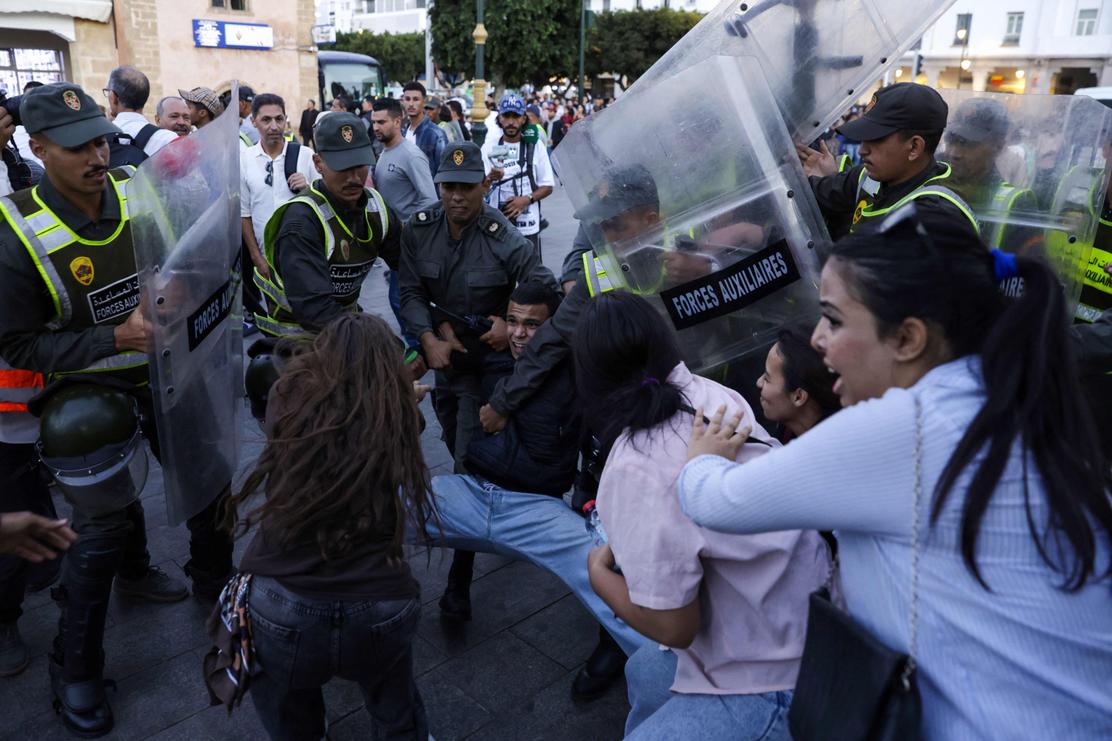
Generation Z 212
"Gen Z" refers to young people aged between 15 and 30, who make up about a quarter of Morocco’s population and much of the Arab world.
They are seen as a marginalized group, with many facing unemployment rates close to 50 percent, official neglect of their problems, and a bleak outlook for the future.
The name "GenZ 212" combines "Gen Z" with Morocco’s international phone code, 212. The movement draws inspiration from Gen Z uprisings in Asia and Africa, such as those currently unfolding in Madagascar and previously in Kenya, Nepal, and Indonesia.
The group "GenZ 212," which emerged on the Discord platform, describes itself as a “space for discussion” about issues affecting all citizens, like healthcare, education, and fighting corruption.
They emphasize their rejection of violence and affirm their love for the nation and the king.
Their demands focus on reforming education and healthcare, expanding job opportunities, and combating corruption.
They maintain strict guidelines to prevent insults to religious symbols or institutions and stress discipline to avoid infiltration or violence.
Despite this, anti-monarchy chants and calls for the fall of the “Makhzen”, a term referring to the palace and the corrupt powers surrounding it, have spread, alongside acts of looting by some troublemakers in the streets.
The “Makhzen” includes the royal system, notables, landowners, tribal leaders and elders, senior military officials, security chiefs, and other members of the executive establishment.
Following the wave of youth protests accompanied by violence and destruction, Gen Z publicly condemned all forms of violence, vandalism, and rioting.
They called for peaceful protest gatherings in civilized, secure locations that cannot be exploited by outsiders seeking chaos.
In a statement posted by unknown representatives of GenZ 212 on Discord on September 30, 2025, they summarized Morocco’s and other countries’ ailments, saying, “We want a country for all Moroccans, a country for the sick, the illiterate, the unemployed, and the poor, not a platform for politicians with full bellies. We need officials who serve the people, not their own interests.”
It was on this platform that the first call for protests was made on September 18, 2025.
A young member of this generation told Le Monde that their movement relies exclusively on social networks and instant messaging apps and is well-organized with discussion forums divided by region.
What worsened the crisis was the difficulty in negotiating and the absence of a unified, declared leadership for Gen Z, meaning the government cannot negotiate a single agreement to meet demands, making a peaceful resolution through traditional channels difficult.
Before the Fallout
The French newspaper says that the mobilization of "GenZ 212" has put the Moroccan government on the spot, facing enormous challenges. In response, the government moved quickly after the protests demanding social justice and promised to address the protesters’ demands swiftly.
However, calls for restraint, even those made by the "GenZ 212" group, the very organizers of the ongoing protests, failed to prevent violence.
The spark was ignited by the angry, the disgruntled, the poorest, and the most chaotic groups, resulting in casualties.
This has also led Abdelilah Benkirane, former prime minister and leader of the opposition Justice and Development Party, to urge organisers to call off the protests “before sliding into the unknown,” warning that the nature of these demonstrations differs from what was seen in the Arab Spring.
On October 2, 2025, Benkirane said he was following the popular movement “with grave concern,” placing responsibility for the social deterioration squarely on the current coalition government under Aziz Akhannouch, one of Morocco’s wealthiest businessmen with an estimated fortune of $1.6 billion.
Protesters have accused Akhannouch’s government, in power since October 2021, of corruption, and called for investigations into possible conflicts of interest between his personal business dealings and state projects, demanding his resignation and accountability.
Western reports have warned that the surprise youth uprising could tarnish Morocco’s official image ahead of its first ever co-hosting of the 2030 World Cup, raising the possibility that it could lose the hosting rights if unrest continues.
They note that the announcement of over $5 billion allocated to infrastructure for the tournament has only highlighted the fragility of public services, especially hospitals and schools, suffering from chronic underfunding.
Morocco is expected to hold general elections in September 2026 amid speculation that the King may dismiss the government early and call snap elections to placate the disgruntled, with expectations that the Gen Z uprising could reshape the political landscape.
The Atlantic Council magazine, considering the country’s crisis management history, believes Morocco can absorb the current unrest and gradually return to normality, and that Gen Z’s movement is unlikely to evolve into a full-blown revolution as in Nepal.
But the magazine insists that these events mark “a pivotal moment for the country and a wake-up call,” calling for vigilance over any ripple effects across the MENA region, as happened during the Arab Spring.
The protests began in Tunisia and later spread to other Arab states, with neighbouring Algeria already preparing for similar demonstrations under the banner GenZ213 (Algeria’s dialing code is 213).


